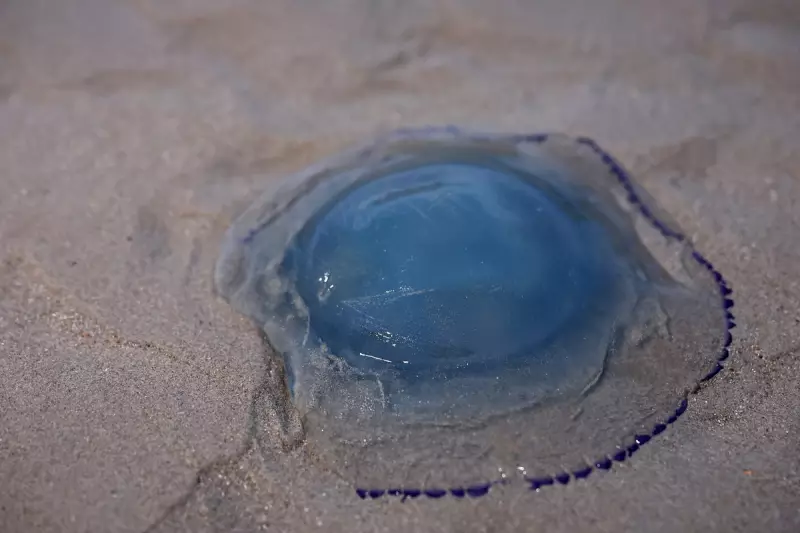
In an unusual turn of events, a French nuclear power plant was forced to temporarily halt operations after a massive swarm of jellyfish clogged its cooling systems. The incident, which occurred at the EDF-operated plant in Gravelines, northern France, underscores the growing challenges marine life poses to industrial infrastructure.
How Jellyfish Disrupted a Nuclear Facility
The jellyfish invasion blocked the plant's seawater intake pipes, which are essential for cooling the reactors. Without proper cooling, the facility had no choice but to reduce output and eventually shut down to prevent overheating. While such incidents are rare, they are not unheard of—jellyfish blooms have previously disrupted power plants in Japan, Sweden, and the UK.
Why Are Jellyfish a Growing Problem?
Marine biologists suggest that rising sea temperatures and overfishing of jellyfish predators may be contributing to larger and more frequent jellyfish blooms. These gelatinous creatures thrive in warmer waters, and their increasing numbers pose a risk not only to nuclear plants but also to shipping, fishing, and coastal tourism.
What’s Being Done to Prevent Future Shutdowns?
Power plant operators are exploring various solutions, including underwater barriers, specialized filtration systems, and even jellyfish-shredding robots. However, as climate change continues to alter marine ecosystems, the problem may worsen before it improves.
For now, the Gravelines plant has resumed operations after workers cleared the jellyfish blockage, but the incident serves as a stark reminder of nature's unpredictable impact on human technology.





